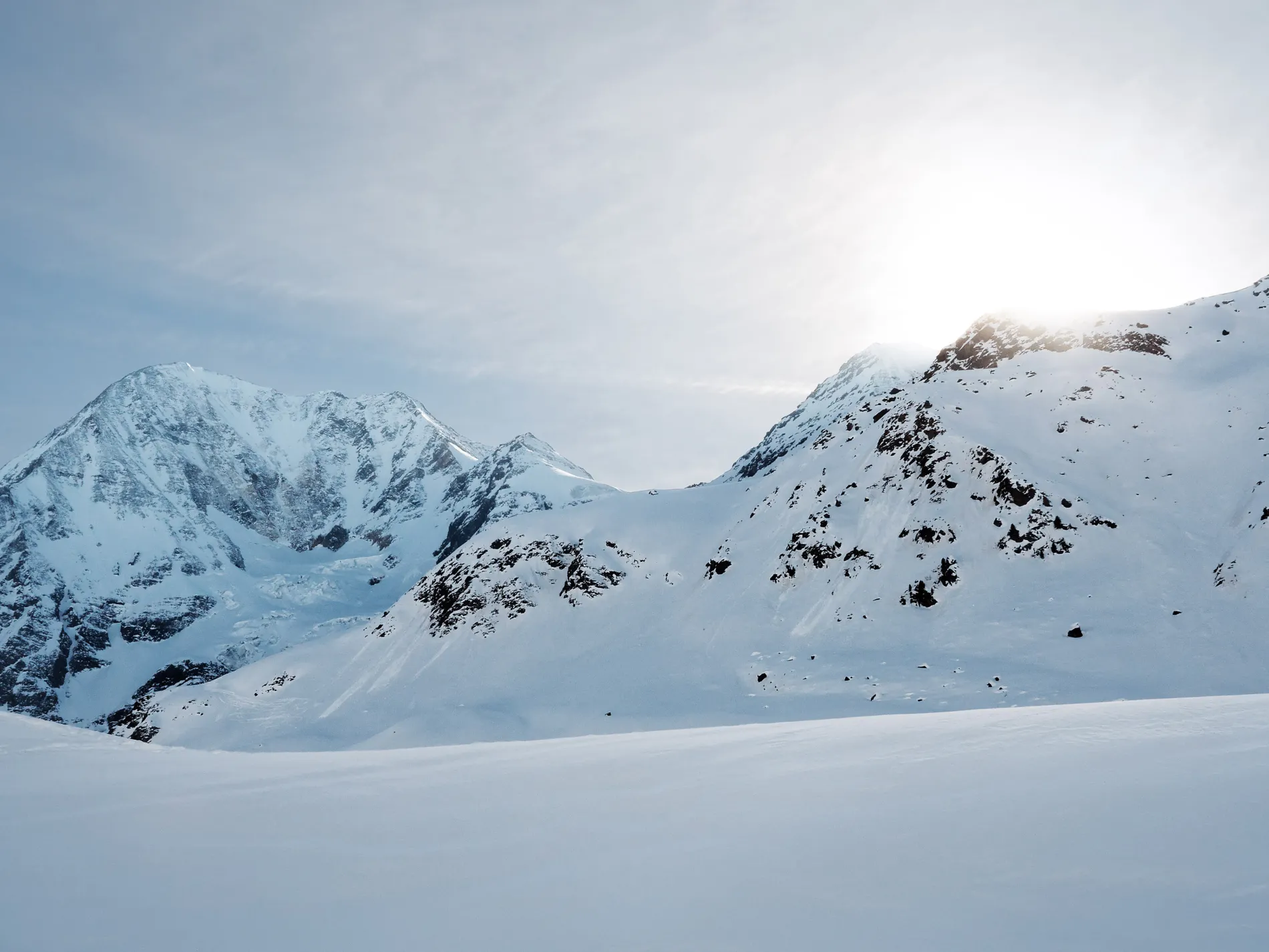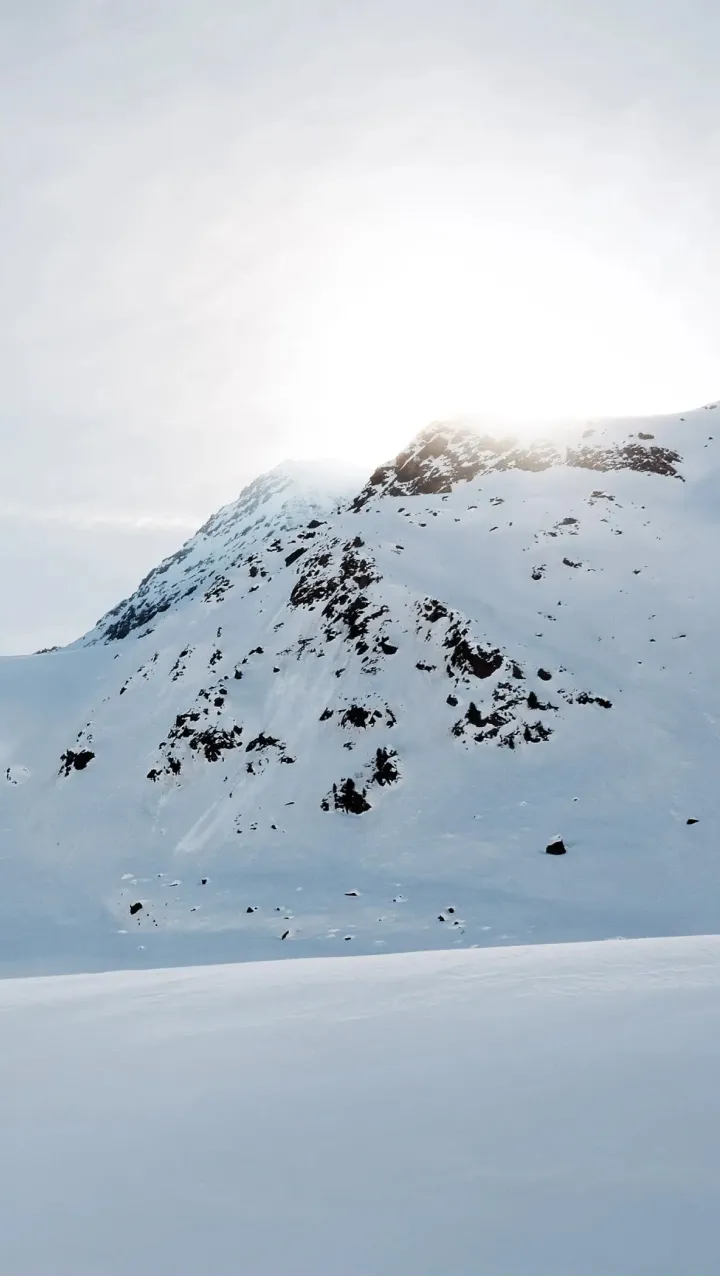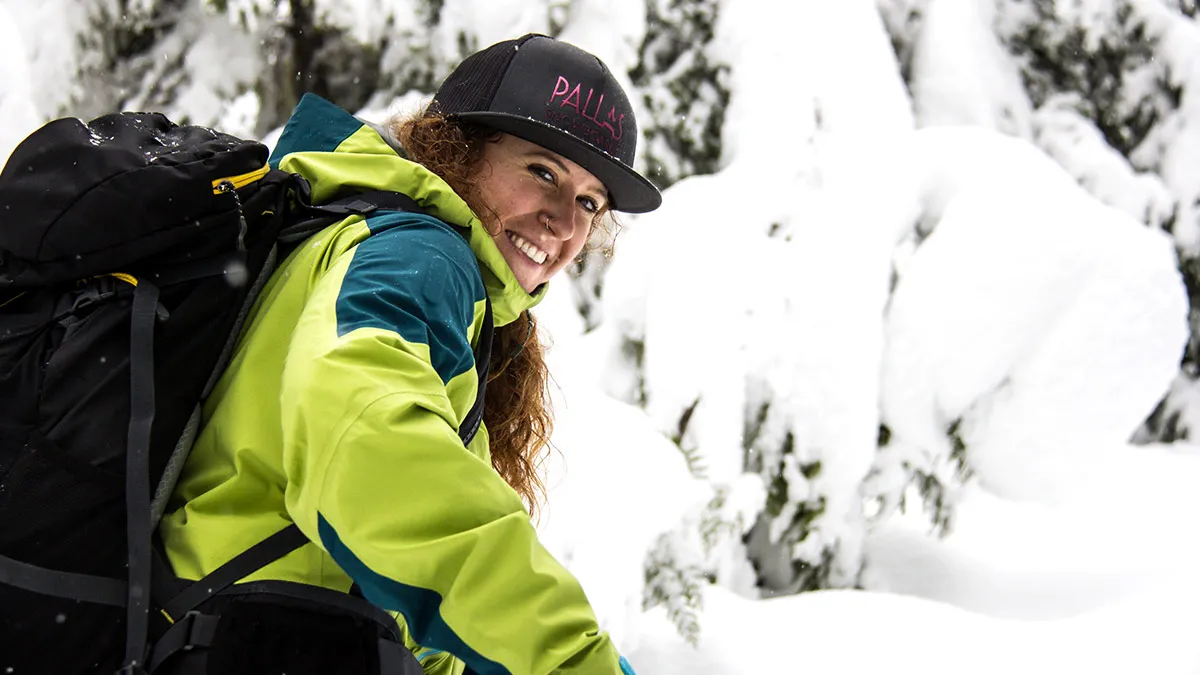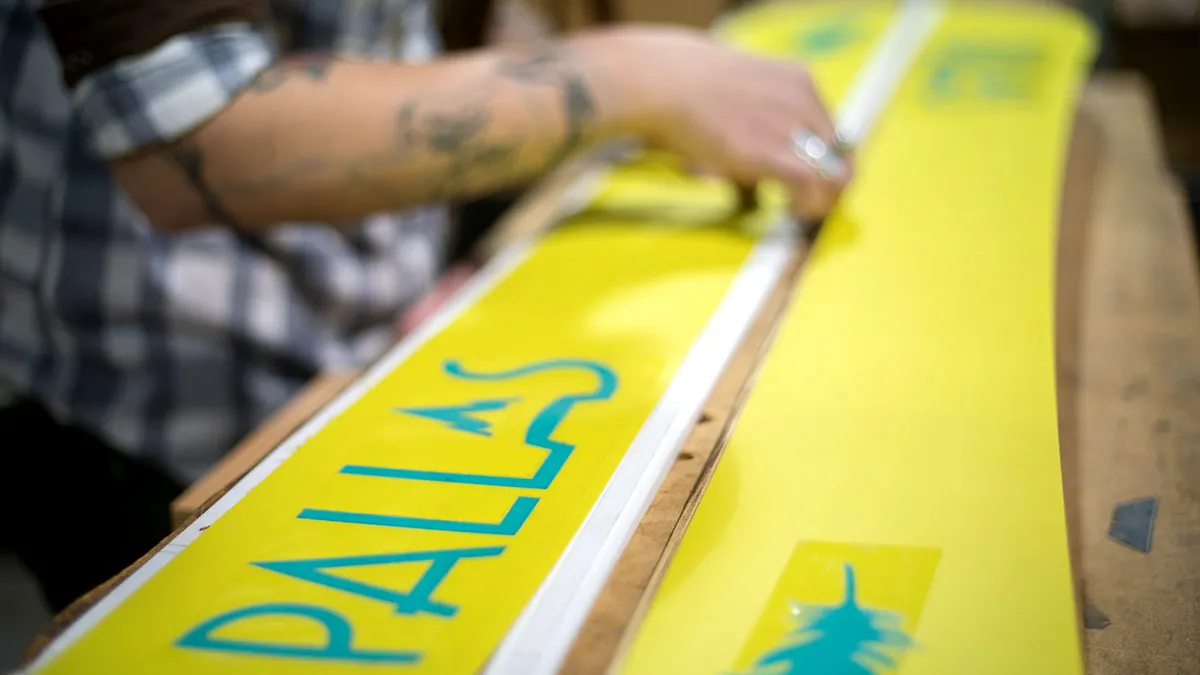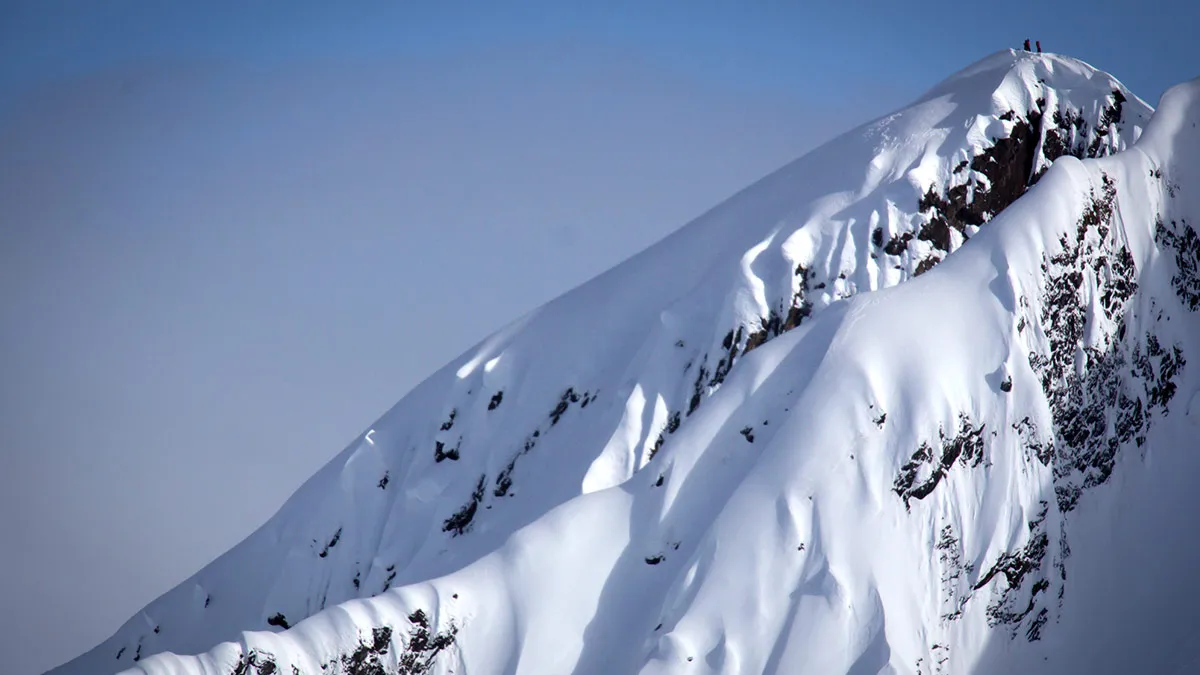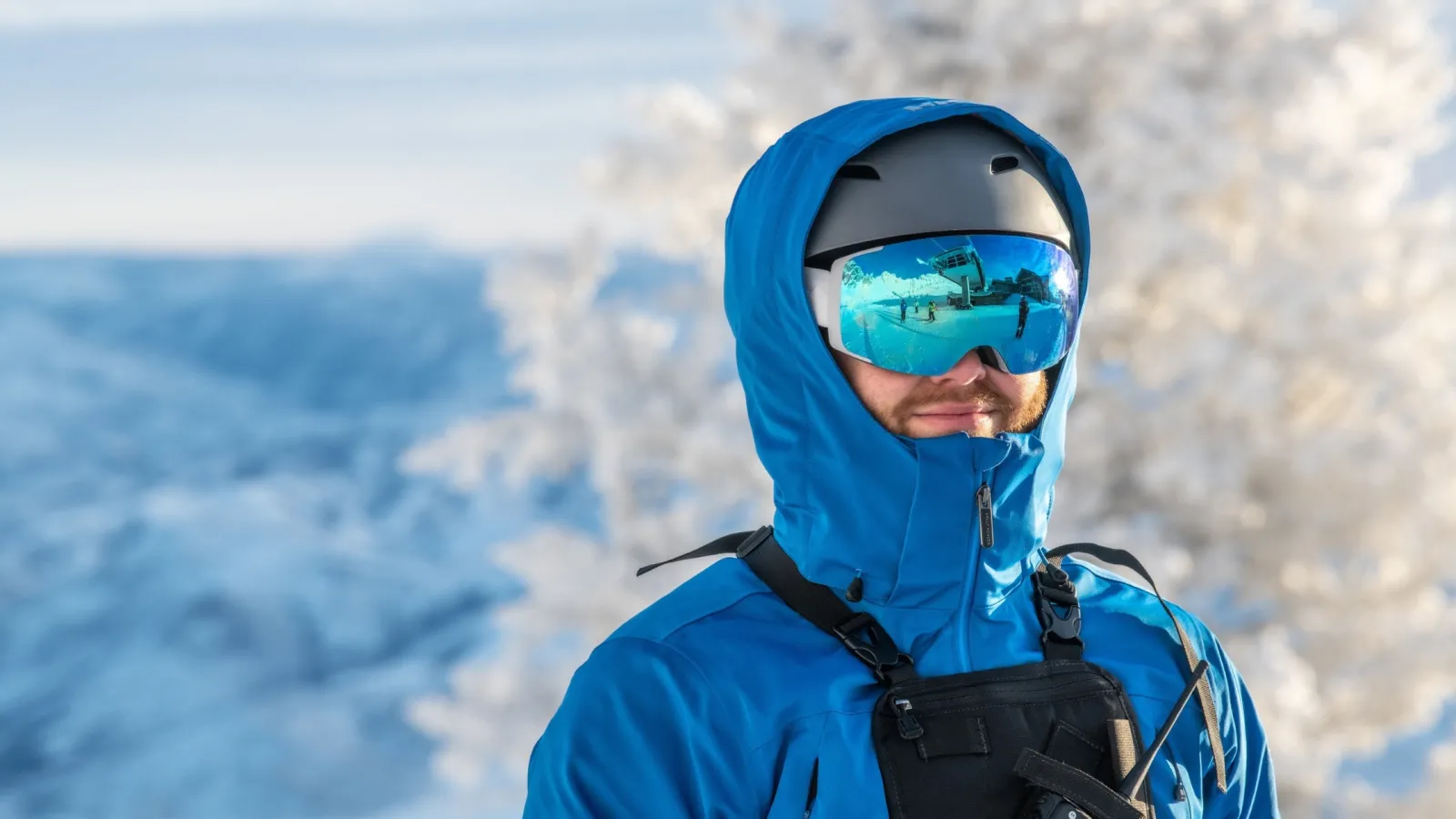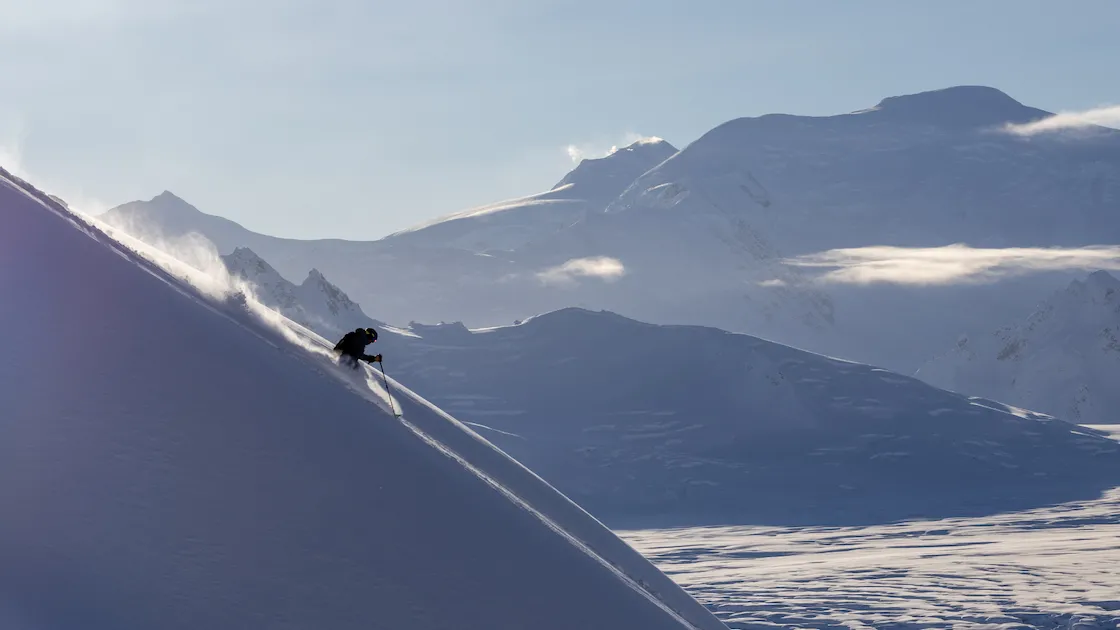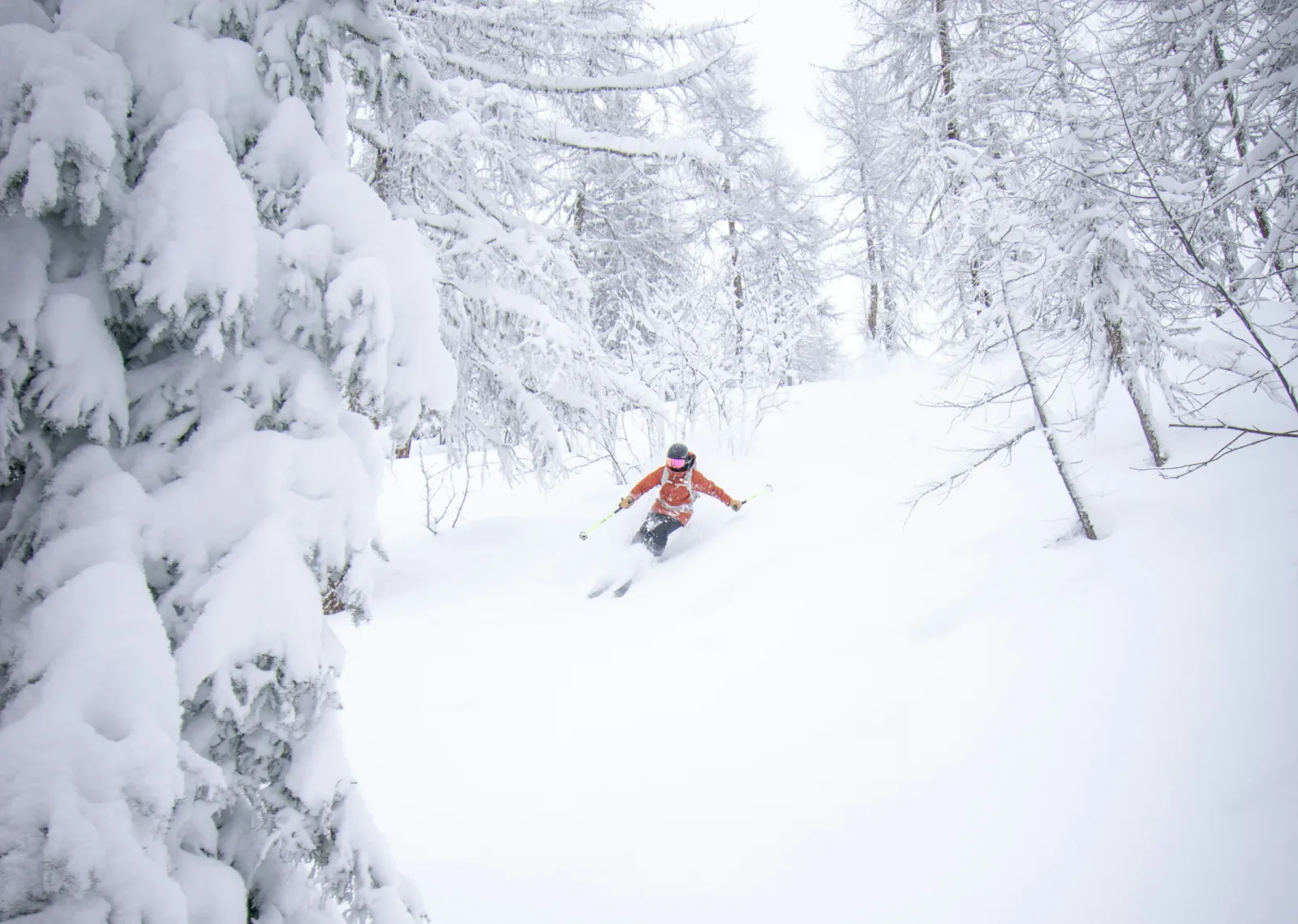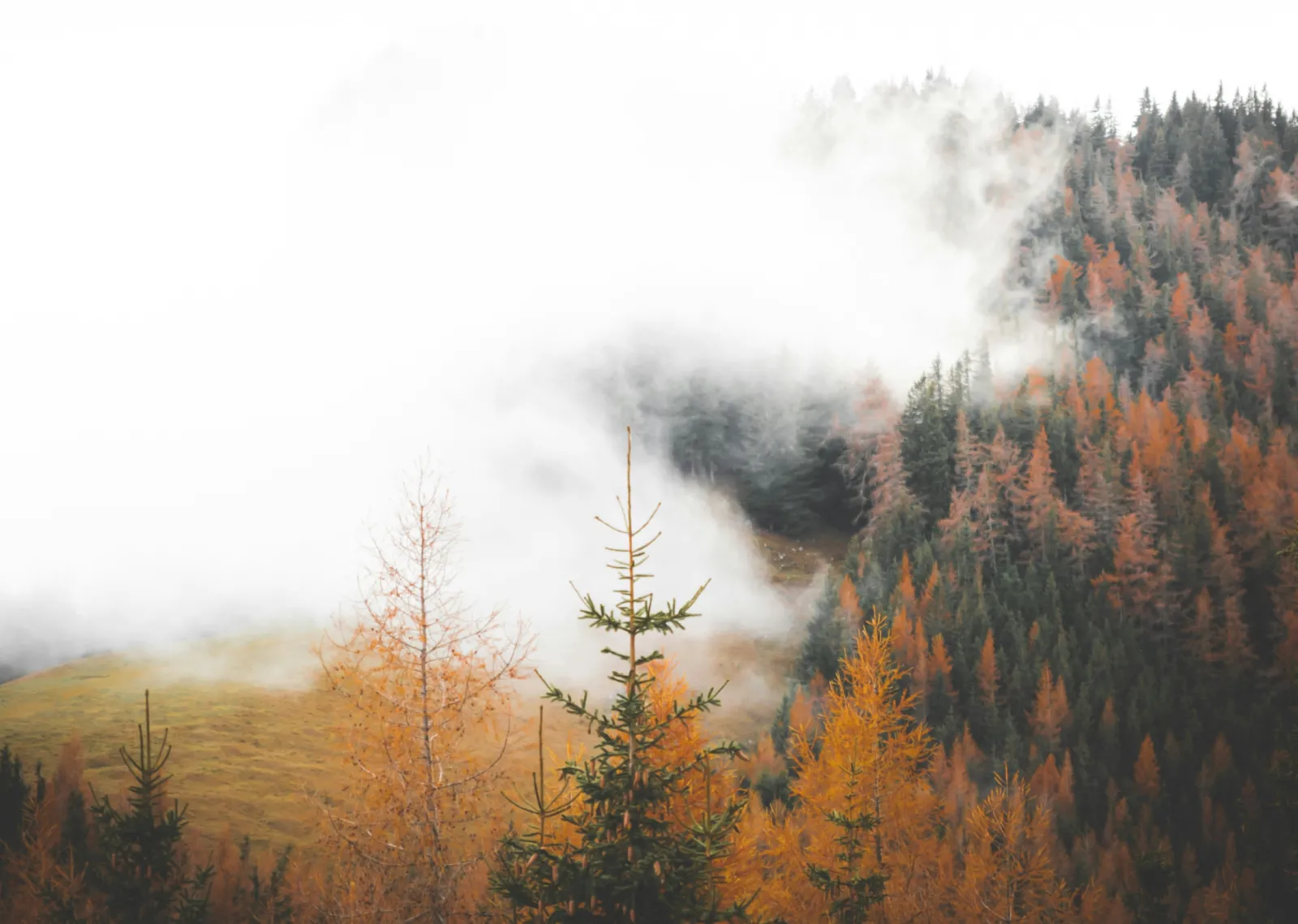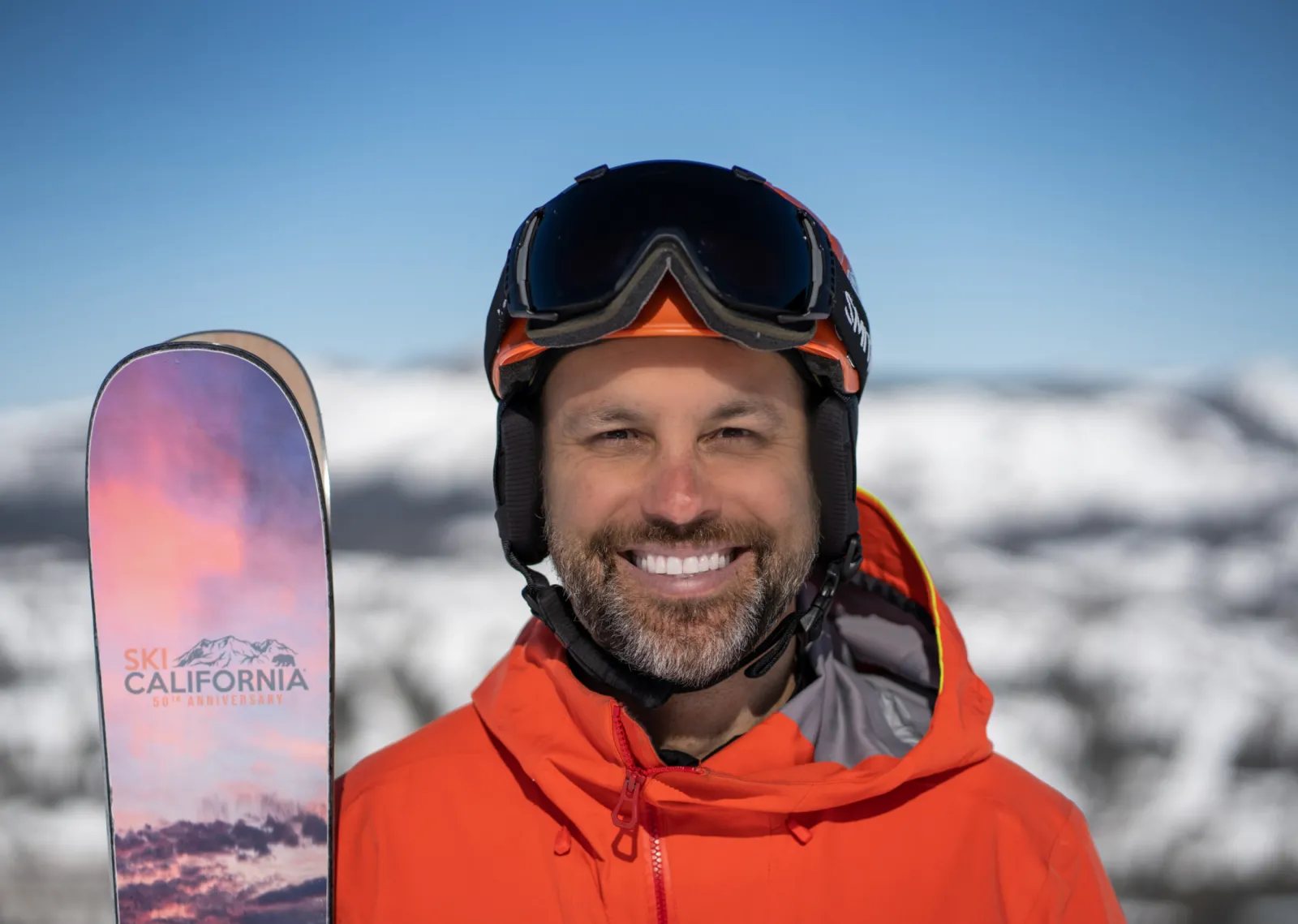The state of splitboarding
We all know that backcountry skiing has exploded in popularity in the past decade. Surveys by SIA also show the number of skiers and snowboarders who reported using non-resort, backcountry terrain increased from about 1.8 million in 2008-09 to 2.2 million in 2013-14.
We all know that backcountry skiing has exploded in popularity in the past decade. Surveys by SIA also show the number of skiers and snowboarders who reported using non-resort, backcountry terrain increased from about 1.8 million in 2008-09 to 2.2 million in 2013-14. When resort backcountry terrain is included, the figures go from 4.3 million to 6.3 million. And a recent survey by Transworld Business reported that 60% of manufacturer brands now have at least one splitboard in their line.
So, we thought it would be interesting to interview our very own Stephanie Nitsch, Origin copywriter and recently full time Whistler resident. Stephanie is one of those people who embody the values of Origin and lives a life that mixes her passion and her skills. She’s also an incredibly inspiring woman and the co-founder of Pallas Snowboards, an independent women’s snowboard and splitboard company in Utah’s Wasatch Mountains.
Before Origin and before starting Pallas, Stephanie touched many parts of the “snowboard funnel”: resort operations, snowboard shop retail, online marketing, snowboard branding / marketing, ski tourism PR, and snowboard journalism. Here are her thoughts on her splitboarding company and the state of the sport:
Origin: What inspired you to start Pallas?
Stephanie: The skeleton of Pallas started as a women’s mountain bike demo program. I was freelance writing, traveling around with friends in the bike industry, and was wishing for more women in the bike community and culture. There were a lot of conversations that led to this next thought, but I concluded that bike brands weren’t marketing to or inspiring women very well. So I wanted to give it a try…to create a program that supported and connected women through inclusive events—workshops, parties, demos. Then maybe biking would click with more ladies. The idea wasn’t grounded on any big revelations or strategies, other than a bunch of half-baked ah-ha moments. But I still pitched it to a number of brands who were very interested. They just had no budget to allocate to a women’s program. So I put the idea on hold.
Within a few weeks, I got a random phone call from an acquaintance who wanted to put me in touch with a snowboard builder in Salt Lake City. The builder, Alister Horn of Chimera Snowboards, wanted to make some women’s decks and needed help piecing the company together. The opportunity was so unexpected, but the premise was nearly the same as the bike idea. Just a different mode of transportation. So I said yes.
Origin: How do you define the Pallas brand? What makes the product unique or different?
Stephanie: If you gave me one defining word, I’d say we’re thoughtful. It’s a quality that gets lost among the hype, illusions, and misperceptions of a youthful (but evolving) sport. Whether you’re in the resort or out of bounds, you’re in these beautiful mountains, having powerful experiences with other humans, constantly in-tune with nature. It’s the right elixir of thoughtfulness. And if you head into the backcountry, you have to put serious thought into the gear, the food, the attitude, the partners you bring. That kind of enlightenment is refreshing and motivating, and it’s something I strive to bring to Pallas.
The philosophy extends into the product side, too. We’re thoughtful about how we make our boards: simple ingredients make for a ridiculously light (and well-crafted) board without compromising its integrity. We’ve replaced the inside steel edge with an ultra-high molecular weight material that reduces weight and eliminates friction and vibration from the traditional steel-on-steel inside edge—making the downhill ride so much smoother. We also combine subtle design aesthetics like flex profiles and board shapes not just for specific snow conditions, but to help women find a more fluid and natural riding position.
Origin: How has splitboarding evolved since you first started in 2014?
Stephanie: From a manufacturing side, binding-board systems are becoming more efficient and more compatible, but at the same time, brands are locking onto their proprietary systems and creating its share of manufacturing challenges. From the user side—and this is true across the alpine touring category, too—the quest for knowledge is progressing in the right direction. Brands and non-profits are really stepping up to educate consumers on backcountry travel, which makes me stoked on brand leadership. Whether or not education can be traced back to brand influence, it’s something people are advocating on their own. Avalanche safety, guided programs, rescue and first aid courses… People are hungry for these things.
Origin: Tell us about the women-only component of your brand and how you discovered a niche you could “own”?
Stephanie: When we first started, I thought I could hang our hat on being a high-performance women’s snowboard brand. And while that’s the product we make, I’m shying away from defining ourselves as a women’s-specific company. One reason: it limits our sphere of influence. I want men to know about Pallas, ride our boards, and support us. They’ve been huge advocates for our brand, especially when we end up at splitboard festivals that have low female turnout. They help us get connected with their female friends and family members. As a small brand, that has a huge impact. Second reason: after working at Origin, I now know better than to position a brand based on a product attribute.
That said, high-performance women’s snowboarding is still a space we can own. There’s no other company doing what we’re doing. But the women’s splitboard component is a niche within a niche. The units of splitboards sold is tiny. We can’t exist as a company if that’s all we made, which is why we’ve offered a line of solid snowboards since we started. There are tens of thousands more women snowboarders than women splitboarders, and tens of thousands more opportunities to bring high-performance, high-quality women’s boards to market.
Origin: Female-only events are a big part of your plan to introduce and inspire women to splitboarding. What are some of the lessons you’ve learned by doing this? Do you plan to do more in the future?
Stephanie: Those events have been vital to growing brand awareness, but also to educate riders on backcountry safety and etiquette. We had no less than 15 women at each splitboard clinic we hosted this season, and I quickly learned how many women are craving this kind of connectivity. About half of our participants came out because they want to get into splitboarding safely and learn techniques. The other half already had skills, but lacked partners. At the end of the day, they’re all exchanging numbers, making touring plans, and asking me when our next event is. I just need to learn how to meet that demand. We’ll definitely be doing more events, especially in places like Alaska to create a more dynamic experience for advanced riders.
Origin: How have resorts responded to the surge of participation? Are you finding most resorts really embracing it?
Stephanie: I think resorts are trying to figure out how to mitigate the safety issues and learning along the way. Embracing it is just a byproduct of that. No doubt it’s a huge liability, so hats off to the resorts who are working with backcountry users to find a solution. Some resorts have very lenient open gate backcountry policies, while others require permits or simply refuse backcountry access all together. Uphill policies and designated uphill routes are becoming more common, which I’m all for. Most resorts can yank those policies out if they’re being abused, but I’m seeing a lot of participants honor those codes. It’s a fascinating relationship that requires a lot of trust.
Origin: What is your vision for the future of Pallas?
Stephanie: The long-term vision is to bring more expertise into all facets of what we do and build a company based on role models and respect. I see Pallas extending partnerships outside of the outdoor industry, exposing women to unique hobbies and interests that complement the creative nature of snowboarding.
